The polling stations have closed in the DRC, and the process of counting votes has begun in Lubumbashi, a town in the southern region of this vast central African nation.
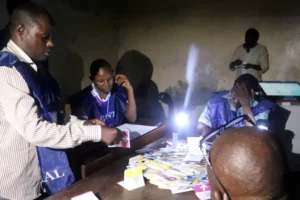
The election, which unfolded against a backdrop of economic challenges and accusations of irregularities, features incumbent President Felix Tshisekedi facing a fragmented opposition. The opposition leaders have raised concerns about “chaos” and electoral irregularities, further adding complexity to an already high-stakes political landscape.
Tshisekedi, who has overseen years of economic growth, now grapples with criticisms of minimal job creation and escalating inflation.
The voting process has been marred by administrative chaos and delays, amplifying fears that the electoral commission was ill-prepared for a ballot in a country comparable in size to continental Western Europe.
Among the prominent figures vying for the presidency are gynaecologist Denis Mukwege and business magnate Moise Katumbi, both leaders in their own right. Mukwege, a Nobel Peace Prize laureate in 2018 for his work with rape victims, symbolizes a commitment to human rights and social justice. Katumbi, a former provincial governor, brings a business-oriented perspective to the political arena. However, both have voiced concerns over irregularities in the electoral process.
Reports of voters discovering their names missing from the electoral roll have surfaced, adding a layer of complexity to an already tumultuous election.
The Democratic Republic of Congo, renowned as Africa’s top copper producer and the world’s leading producer of cobalt, plays a crucial role in the global economy.
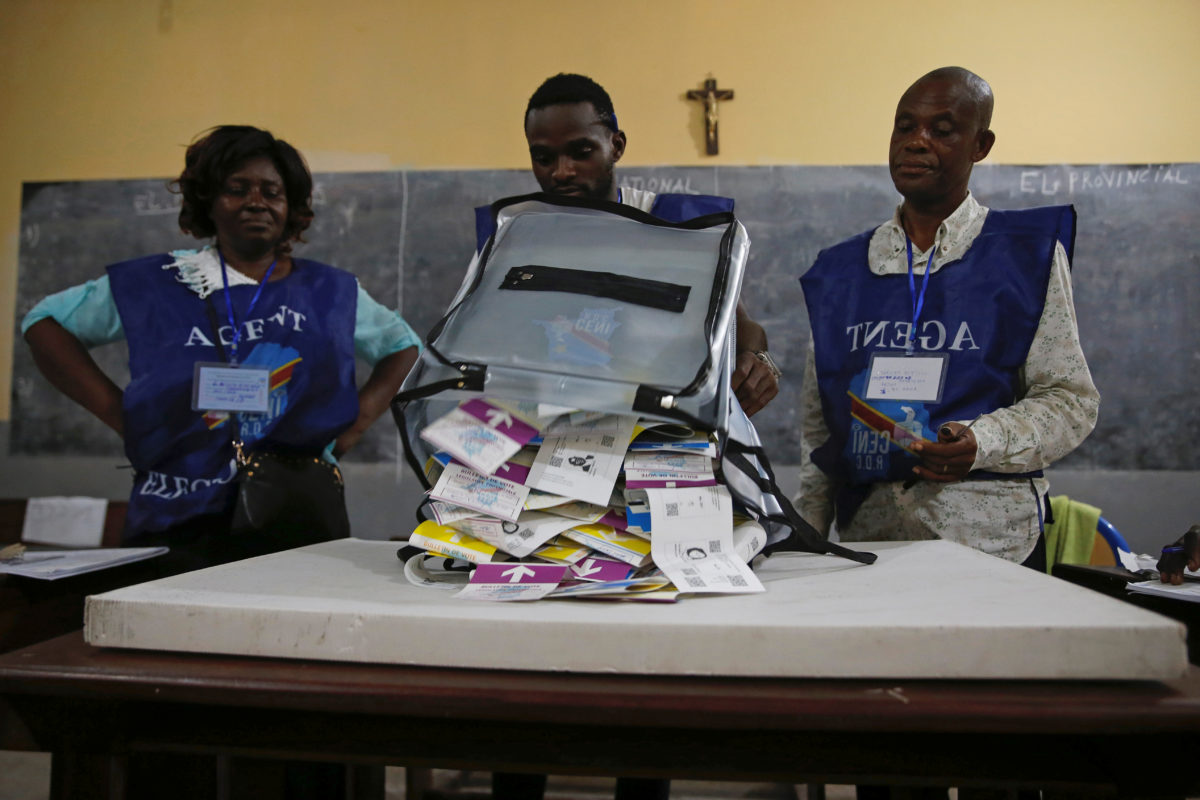
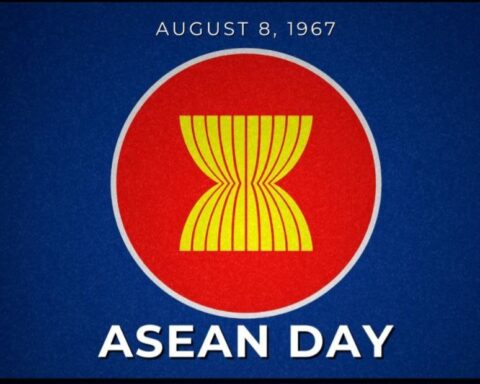
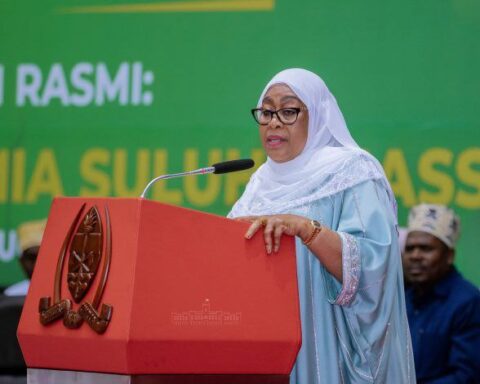
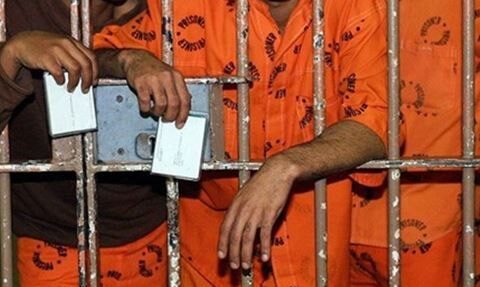
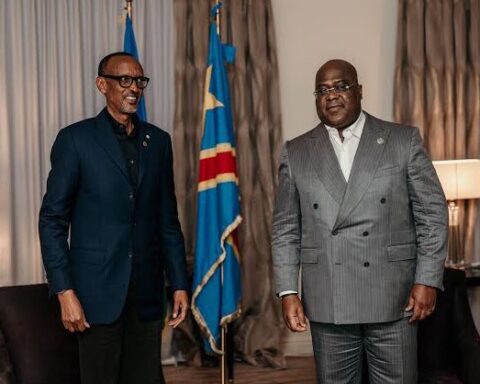
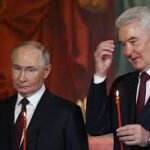

You completed various good points there. I did a search on the topic and found most folks will have the same opinion with your blog.